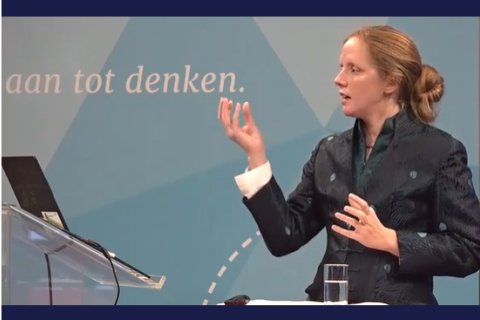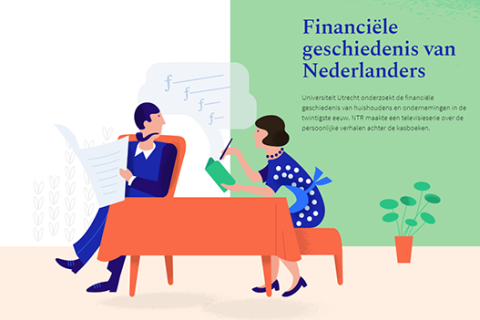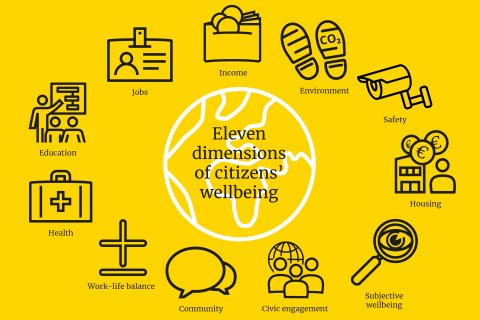Collaboration
We are pleased to make our expertise available for public lectures, opinion pieces, commissioned research, interviews and commentaries on a variety of topics, including, but not limited to:
- Global economic shifts and trends across time
- Wellbeing and patterns of health and progress
- The participation of women in economic life
- Historical and contemporary (in)equality
- Cooperation on local, regional, and international level
- (Neo-)Colonialism, developing economies and exploitation
- Sustainability and environmental history
- The history of industries, companies, and businesses
For more information and who to reach out to, see our contact page.
Below you will find some examples of the diverse array of activities we pursue.
Deep Transitions Lab

The Deep Transitions Lab is a platform to accelerate systems change to help tackle the crises of climate change, biodiversity loss and ever-growing inequality. Through the experimentation, learning and research programmes with investors, it aims to plant the seeds of change in the broader financial industry and subject the systems at work in our current society to a sustainable revolution. It is part of the Deep Transitions transdisciplinary research project that strives to understand how the unsustainable systems our societies are built on emerged over the last 250 years, and how they can be transformed in the coming decades.
Public Lectures

In addition to teaching in a classroom setting, we also focus on public lectures as part of our outreach programmes: this includes both one-off lectures and lecture series. Our researchers have given many contributions to the lecture series Big History, a joint production of Utrecht University and Utrecht's Tivoli Vredenburg, in which historical questions are made current and relevant to a broad audience using a wide scope and popular appeal.
We also contribute to several national events: for example, during the 2022 Month of History, Maarten Prak contributed part of a lecture on the 'disaster year' 1673 in Utrecht Dom Church.
More examples of public speeches are Sarah Carmichael's 'Ladies First' at Studium Generale, on gender inequality; Elise van Nederveen Meerkerk's knowledge clip on women and textile production in colonial Java; and Selin Dili in a NIAS panel on the history of entrepeneurship. These, among many others, are opportunities we take to share our expertise.
Corporate Research

We are also one of the first destinations for many businesses when they wish to commission historical research. Bram Bouwens’ recent book Welcome aboard! Een eeuw KLM (100 years of KLM Royal Dutch Airlines), analysing the development of KLM from its founding to the present day, and his similar work on the history of Royal Dutch Shell were two of many occasions where we have delved into the past of key global business players.
Citizen Science
At Economic and Social History, we know the importance of not only looking at global developments, but zooming in to the micro-level of households and individuals. In this case, citizen science is an invaluable bridge between our department and the wider world; we regularly involve everyday people in our research in a variety of ways.

In our Kasboekje van Nederland (Cash book of the Netherlands) project, we actively encouraged citizens to participate in the building of our research corpus: ordinary Dutch families and (small) businesses donated old financial documents, which we then used as a basis for historical research. The often surprising finds from these unique looks into household spending led to the creation of an NTR-produced television series examining the relationship between Dutch people and their finances across time.
In addition, our project 'Ja, ik wil!' (Yes, I do!) examined Amsterdam marriage registers from the 16th to the 19th century, of which the majority were transcribed by volunteers of Vele Handen, a citizen science platform.
Media Appearances

Several of our researchers have had appearances in the media, both in print and on video. These include Elise van Nederveen Meerkerk's 2022 appearance on Het Verhaal van Nederland (The story of the Netherlands), but also Bas van Bavel's frequent appearances as expert opinion on current affairs shows such as Buitenhof, and his columns in NRC, FD and De Volkskrant.
Local and National Government
Given the global scope and perspective of our research and its long time spans, we frequently collaborate with both Dutch and international governments, policy makers, think tanks, and independent research institutes to achieve our research goals. They, in turn, use our data to set developmental goals and identify avenues for policy creation.
One example of this exchange is our contribution to the CLIO-INFRA database project, where we helped establish freely-accessible databases of welfare indicators across the last 200 years. These are not only used by other academics, but by policy researchers and even banks such as the Dutch Rabobank to inform their actions.

On another occasion, our Global Wellbeing-project collaborated not only with the international Organisation for Economic Co-operation and Development (OECD) and the Dutch Central Planning Bureau to analyse ways in which indicators of wellbeing have shifted in the Netherlands and abroad, but in the process had valuable collaboration opportunities with local and provincial governments as well. On all levels including internationally, our researchers at Economic and Social History work with a broad spectrum of governmental bodies to identify and explore potential research areas. The most recent 2021 edition of the OECD's report shows a continued drive for cooperation.

